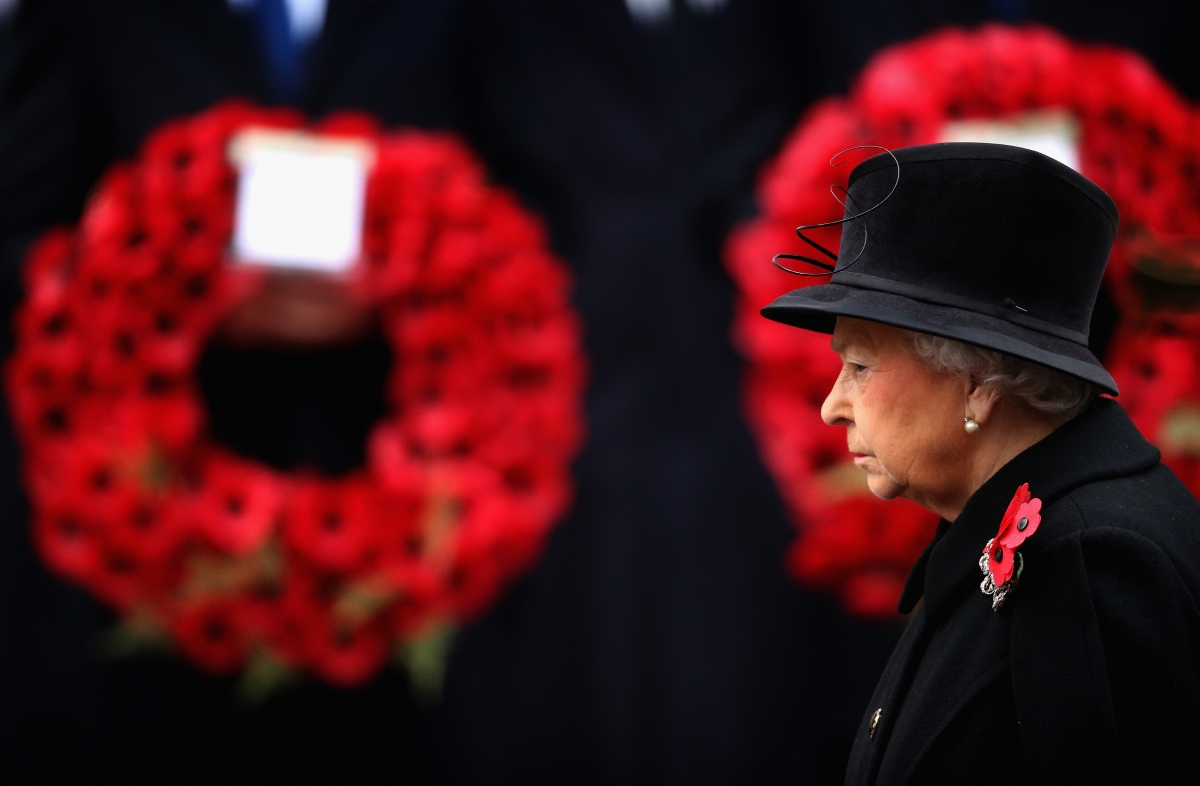

Approximately 625 Australians were killed and more than 1600 wounded in the four-month battle along the Kokoda Track in 1942. The projections will commence on Friday 11 November at approximately 5am until sunrise and then at 8pm concluding at 11pm.Ģ022 marks the 80th anniversary of the Kokoda Track campaign. The sails of the Sydney Opera House will once again be illuminated with poppies on Remembrance Day at both dawn and at dusk to commemorate the service and sacrifice of our veterans and current serving personnel. Poppy Projections on the Sydney Opera House Remembrance Day is a day to remember and honour all Australians who have served.įind out more information about the significance of the commemoration. Armistice Day was then renamed Remembrance Day. Every year at 8 pm on 4 May, the Dutch commemorate civilians and soldiers who have died in the Kingdom of the. Almost a million Australians served during that conflict that lasted close to six years. Cenotaph means ‘empty tomb’ and is dedicated to ‘The Glorious Dead’ with no names inscribed allowing individuals to assign their own meaning to the memorial.

The Second World War began just 21 years later. Whether you’re taking part in Remembrance Sunday or Armistice Day, these prayers may be helpful to you, at home, or if you’re praying in a church. Uninterrupted coverage of the Remembrance Day commemorations at the Cenotaph in Whitehall. Originally known as Armistice Day, Remembrance Day is observed on 11 November and marks the signing of the peace agreement between Germany and the Allies that ended the Great War of 1914-1918. Remembrance Sunday is a national opportunity to remember the service and sacrifice of all those that have defended our freedoms and protected our way of life. People at higher risk of severe illness from COVID-19 (including people 60 years and older and people with chronic health conditions) should contact their GP or Healthdirect on 1800 022 222.

If you get sick, get tested and stay home. Monitor for symptoms after attending a Remembrance Day event. Stay home if you feel unwell, especially if you have tested positive to COVID-19.Ĭonsider taking a rapid antigen test before attending a Remembrance Day event as there may be people attending who are at higher risk of severe illness. Please do not attend a Remembrance Day event if you have any acute symptoms (runny nose, sore throat, cough and fever). NSW Health continues to remind everyone across the community to do the little things to stay safe, including wearing a mask in crowded places (including on public transport), getting together where there’s fresh air and keeping up good hand hygiene. COVID-19 is a serious illness that is still circulating in the community.


 0 kommentar(er)
0 kommentar(er)
